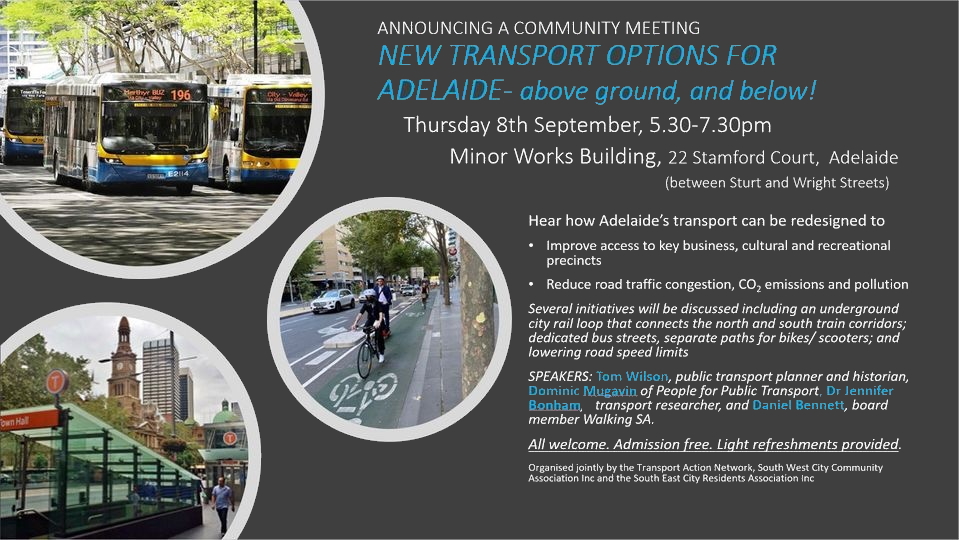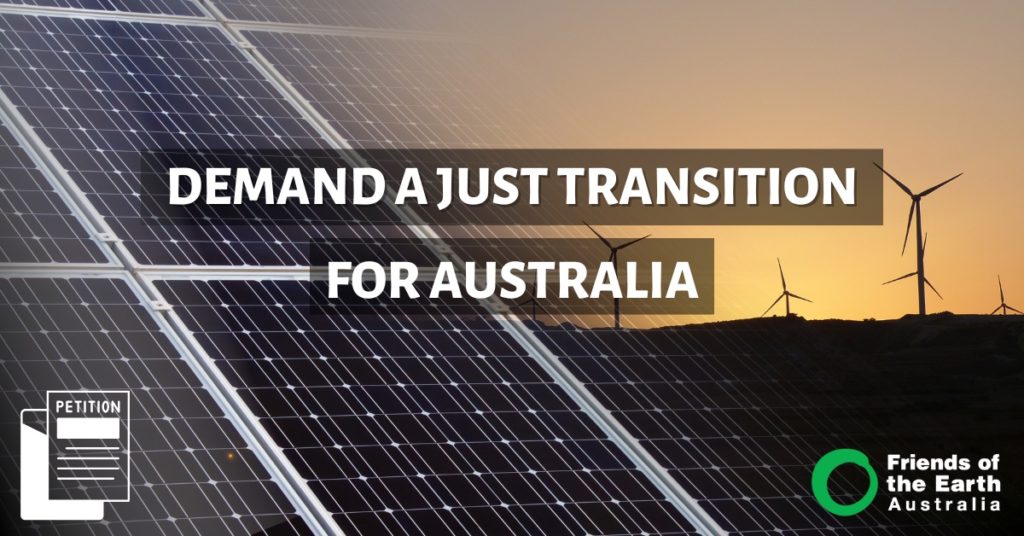NOT ZERO: How ‘net zero’ targets disguise climate inaction
from the Joint technical briefing by climate justice organisations Action Aid, Corporate Accountability, Friends of the Earth International, the Global Campaign to Demand Climate Justice, Third World Network and What Next?
Far from signifying climate ambition, the phrase “net zero” is being used by a majority of polluting governments and corporations to evade responsibility, shift burdens, disguise climate inaction, and in some cases even to scale up fossil fuel extraction, burning and emissions. The term is used to greenwash business-as-usual or even business-more-than-usual. At the core of these pledges are small and distant targets that require no action for decades, and promises of technologies that are unlikely ever to work at scale, and which are likely to cause huge harm if they come to pass.
Key takeaways:
-
The term “net zero” is used by the world’s biggest polluters and governments as a façade to evade responsibility and disguise their inaction or harmful action on climate change.
-
“Net zero emissions” does not mean “zero emissions”, and should not be accepted at face value.
-
There is simply not enough available land on the planet to accommodate all of the combined corporate and government “net zero” plans for offsets and Bioenergy with Carbon Capture and Storage (BECCS) tree plantations.
-
Collectively, “net zero” climate targets allow for continued rising levels of greenhouse gas (GHGs) emissions, while hoping that technologies or tree plantations will be able to suck carbon dioxide (CO2) out of the air in the future.
-
By putting the burden for carbon sequestration onto land and tree plantations in global South countries – which have done little to cause the climate crisis – most “net zero” climate targets are effectively driving a form of carbon colonialism.
-
Many governments and corporations have pledged to achieve “net zero” by a distant date, further compounding the harm caused. “Net zero by 2050” is too little, too late.
-
When assessing “net zero” targets, we must remember key questions of fairness and ethics: Whose land? Whose forests? Whose emissions? Whose responsibility?
-
Instead of relying on future technologies and harmful land grabs, we need climate plans that radically reduce emissions to Real Zero.
A detailed analysis “COP27: What’s at stake regarding false solutions?” can be downloaded here
The Not-Zero report is here


